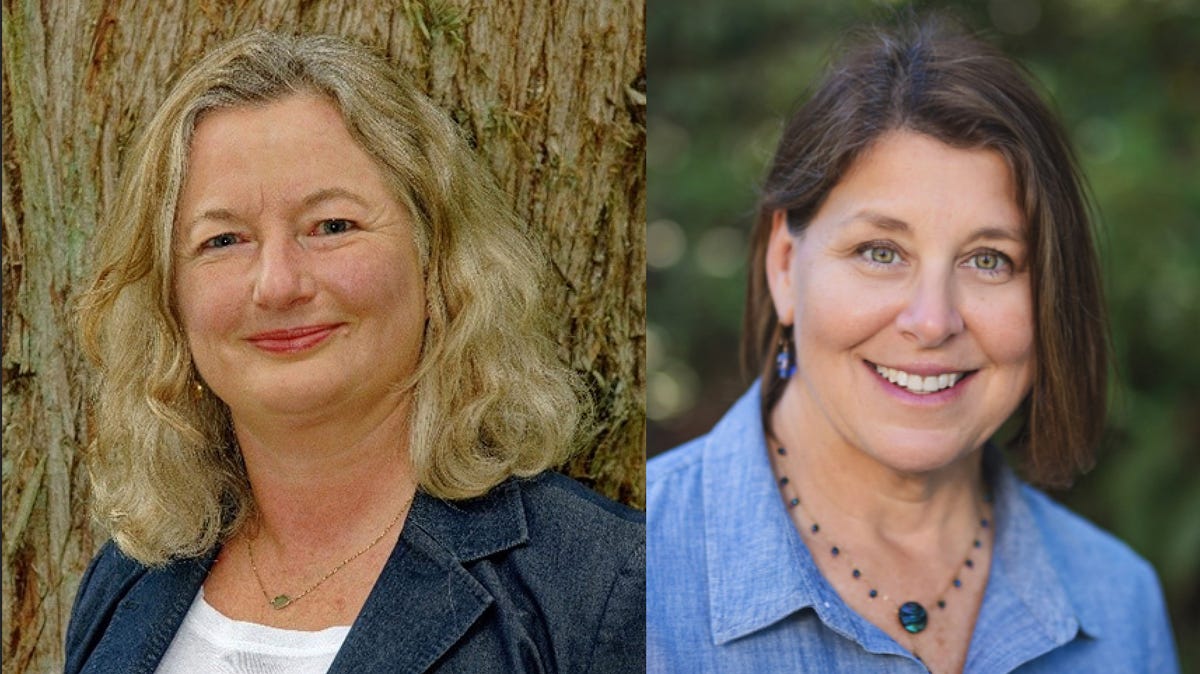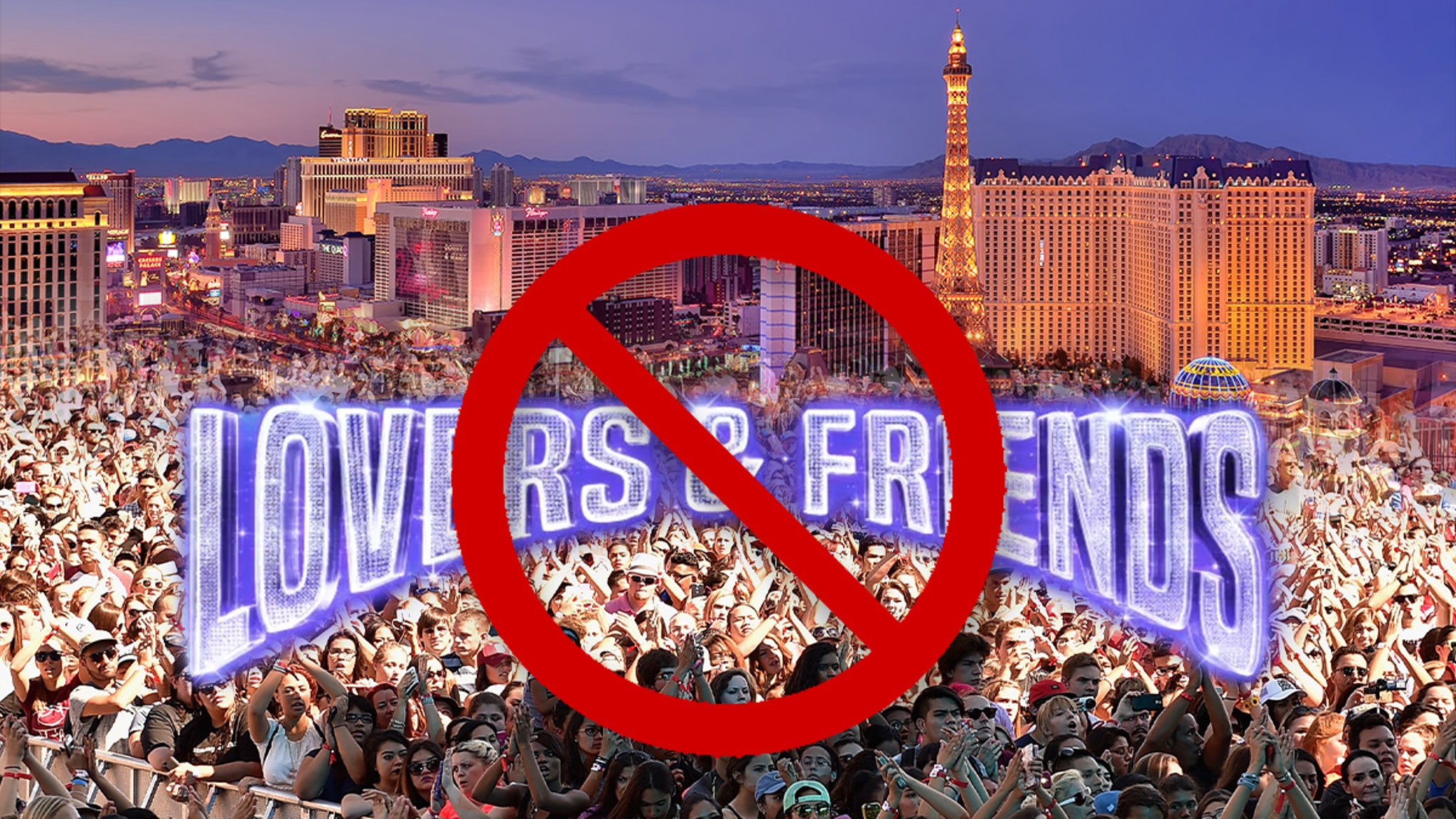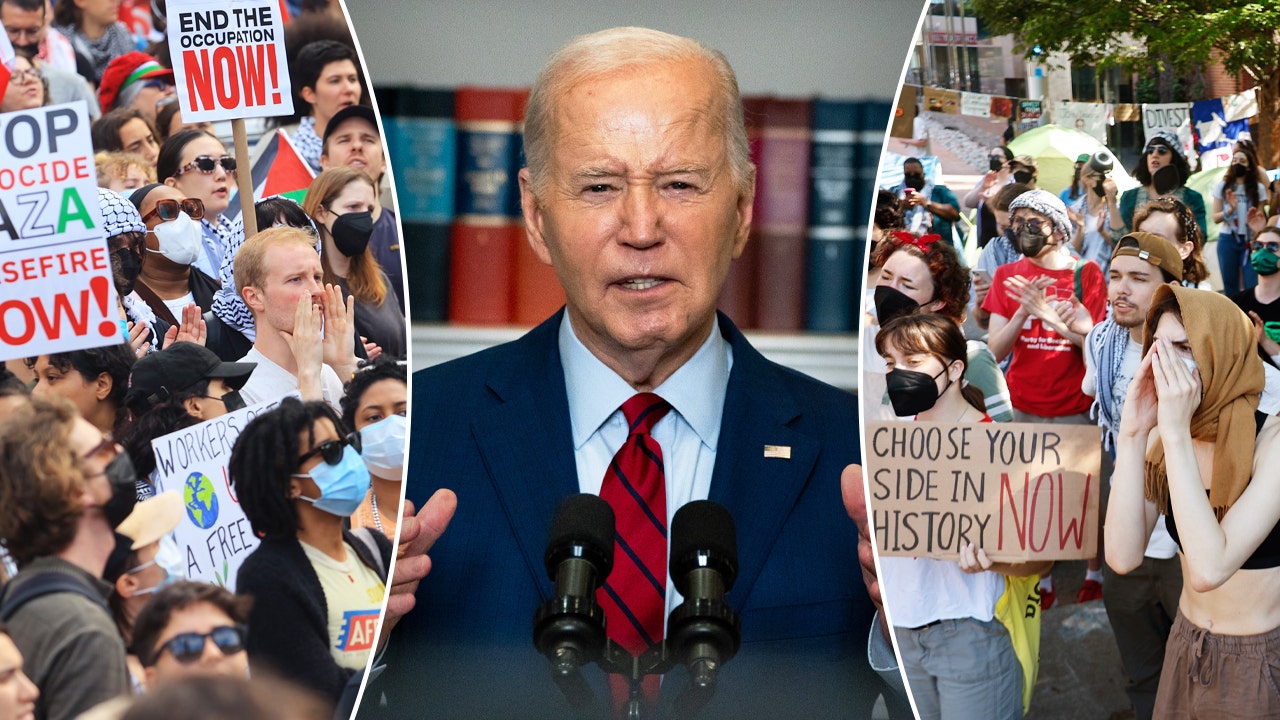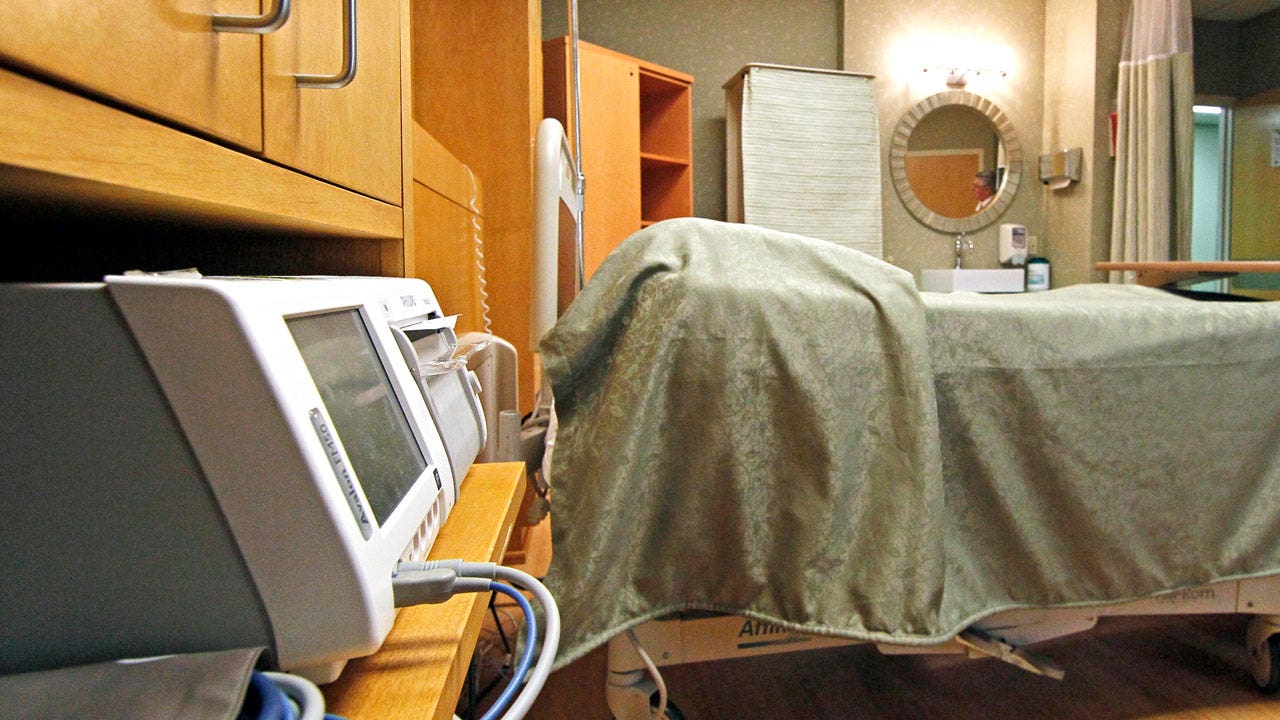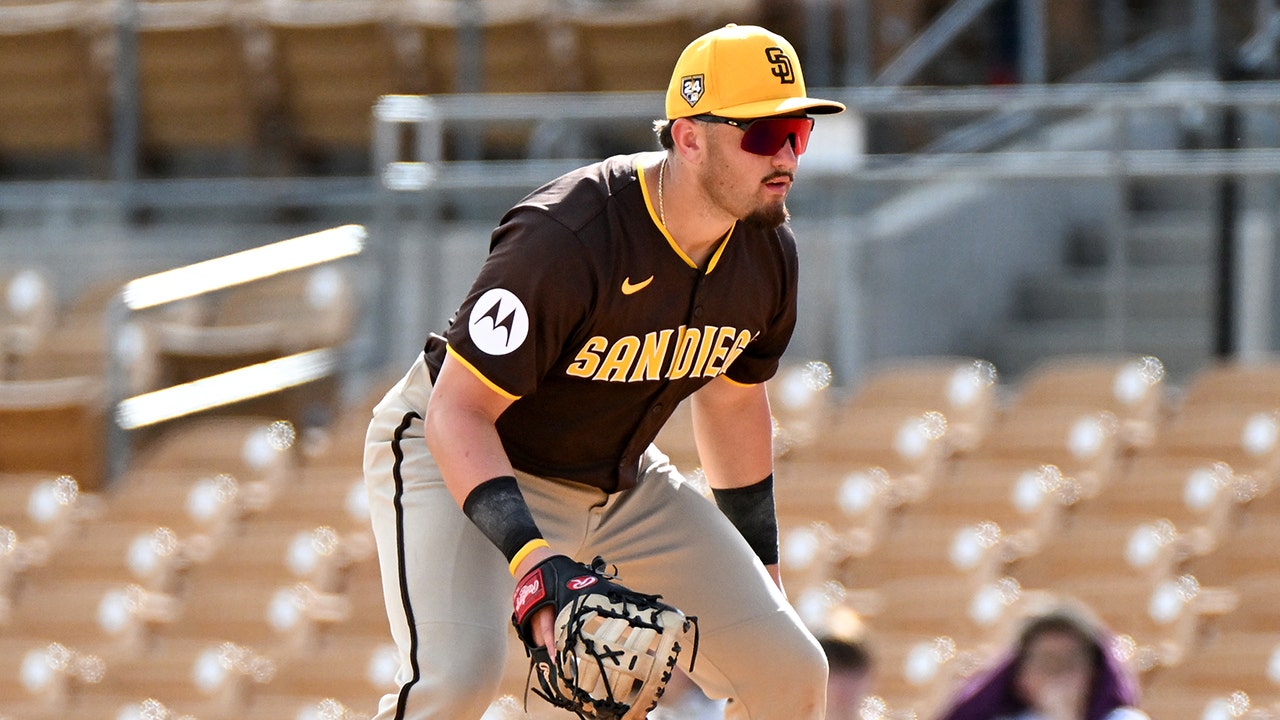World
Boakai sworn in as new Liberia president after victory over Weah
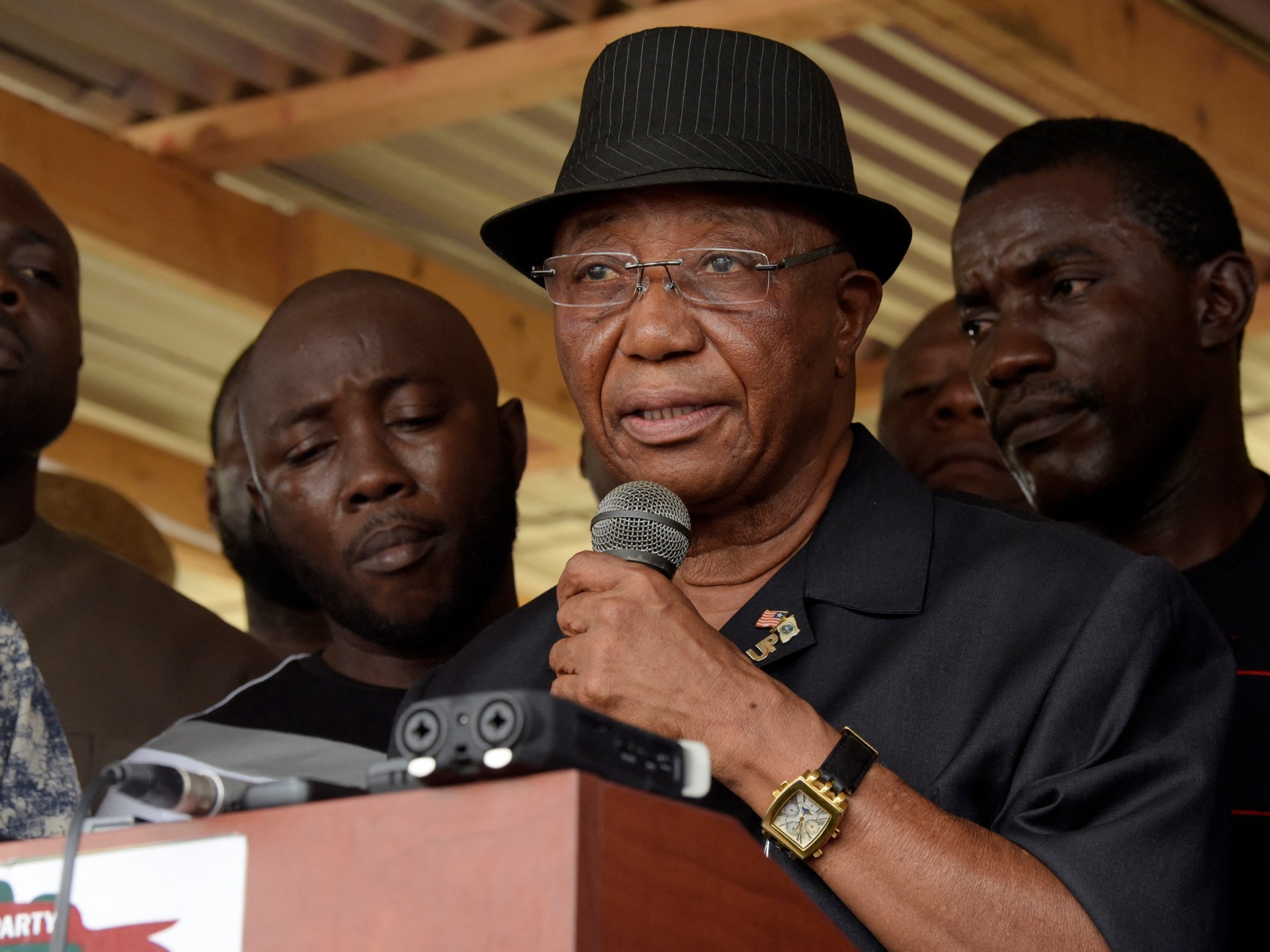
The new president is expected to tackle poverty and corruption that flourished under his predecessor, George Weah.
Joseph Boakai has been sworn in as Liberia’s president on Monday following his election victory over former football star George Weah, with the challenge of tackling poverty and corruption.
The 79-year-old narrowly beat former Ballon d’Or winner Weah in November’s run-off poll with 50.64 percent of the votes to 49.36 percent.
He was sworn in for a six-year term during a ceremony in parliament in the capital Monrovia at 10 am (10:00 GMT) in the presence of several foreign leaders and diplomatic delegations.
Boakai has 40 years of political experience already behind him.
He was vice president from 2006 to 2018 under Liberia’s first female president Ellen Johnson Sirleaf, before being beaten by Weah in the 2017 election.
Hopes and promises
November’s poll in the West African country was peaceful in a region that has seen a succession of military coups in recent years in Mali, Burkina Faso, Guinea and Niger.
But the small nation of 5 million people has been plagued with corruption, high levels of poverty, and a weak justice system, after years of civil war.
Impunity related to crimes committed during those civil wars is another unresolved issue.
Boakai aligned himself with local barons during his election campaign, including former warlord Prince Johnson.
Johnson, who enjoys strong support in the northeastern Nimba County, backed Weah in 2017.
The former warlord was also famously seen drinking a beer in a video while his men tortured to death former President Samuel Doe, in September 1990.
Johnson, who is under US sanctions, nominated one of his associates, Jeremiah Koung, as Boakai’s vice president.
Given his long career in politics, Liberians expect Boakai to create jobs, improve the economy, strengthen institutions, and fight corruption – which was one of his key campaign pledges.
“Expectations of Boakai’s presidency are high,” Larry Nyanquoi, a former local official in Nimba County, told the AFP news agency.
Boakai is “seen as somebody who has not engaged in corruption and one who has tried to live the simplest possible life.”
Liberians also expect Boakai to ensure a stable supply of electricity and water, and to improve the road infrastructure to attract investment, Nyanquoi said.
The outgoing government did not live up to its commitment to establish a war and economic crimes court and to end impunity in the country.
The mysterious deaths of four government auditors also raised suspicions.
“Every leader has promised to crack down on corruption and they have failed, so he has to say something different,” Abdulla Kiatamba, an analyst at Geo Baraka Group of Strategists, said of Boakai.
“They have promised improved economic conditions and they have also failed so he has to say and do something that will be different.”

World
3 bodies found in search for US and Australian surfers who mysteriously vanished in Mexico
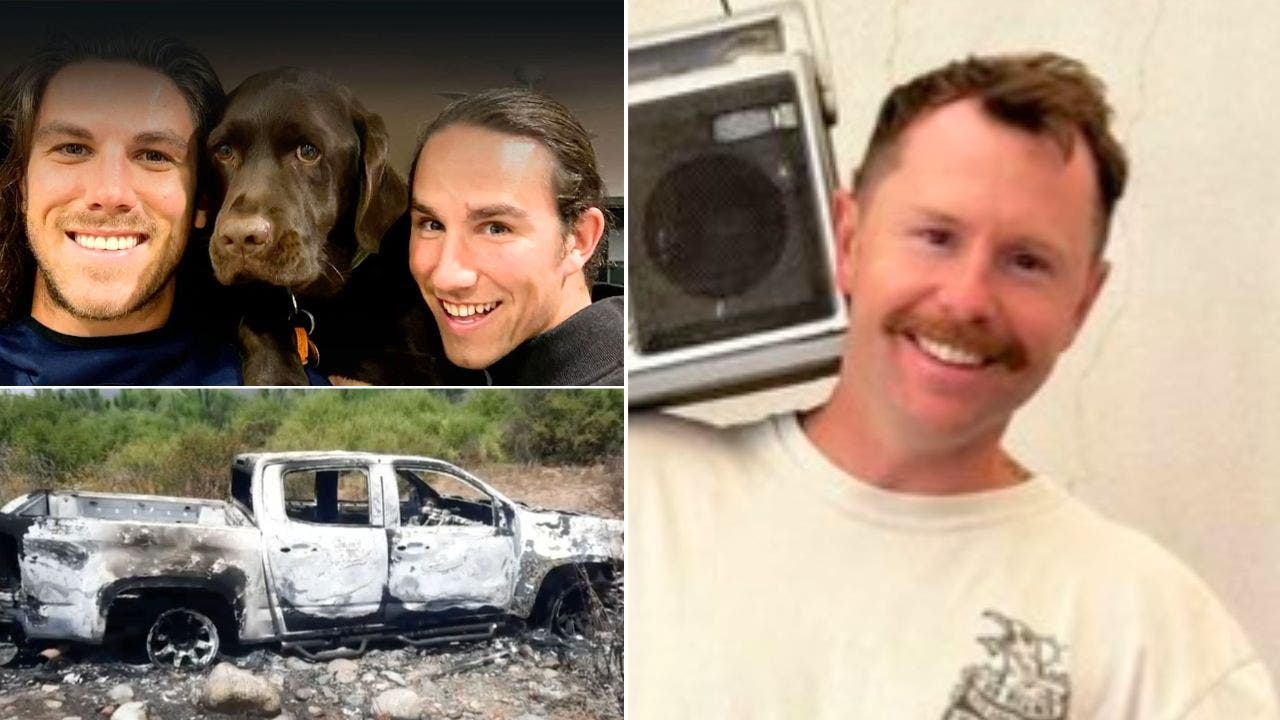
Three bodies have been discovered in a popular Mexican tourist area where an American and two Australians suddenly vanished last week having been on an apparent camping and surfing trip, the local prosecutor’s office said in a statement late on Friday.
American Jack Carter Rhoad, 30, as well as Australian brothers Callum Robinson, 33, and Jake Robinson, 30, were last seen on April 27, the Baja California state prosecutor’s office previously announced. They did not show up at their planned accommodation last weekend.
Investigators discovered three bodies dumped in a pit while searching for the trio on Friday, although officials have not confirmed if the bodies are those of the missing men.
2 AMERICANS FOUND DEAD IN HOTEL ROOM IN MEXICO’S BAJA CALIFORNIA
Australian brothers Callum Robinson and Jake Robinson, top left, and US citizen Jack Carter Rhoad, right, who are missing in Mexico. (Reuters)
Forensic tests on the remains will be conducted by a state laboratory, which will allow for positive identification of the bodies, the prosecutor’s office said in its statement.
Investigators continue to search the rugged area where the bodies were found for additional evidence, the statement added.
The bodies were found in a rugged hillside area in Baja California near the popular tourist town of Ensenada, about 90 minutes south of the U.S.-Mexico border. Video from the scene shows rescuers installing ropes to enter the pit where the bodies were discovered. The site is seen cordoned off by police while a navy boat was also visible in the sea nearby.
The site where the bodies were discovered near the township of Santo Tomás was near the remote seaside area where the missing men’s tents and the burned-out Chevrolet Colorado pickup truck were found Thursday on a remote stretch of coast.
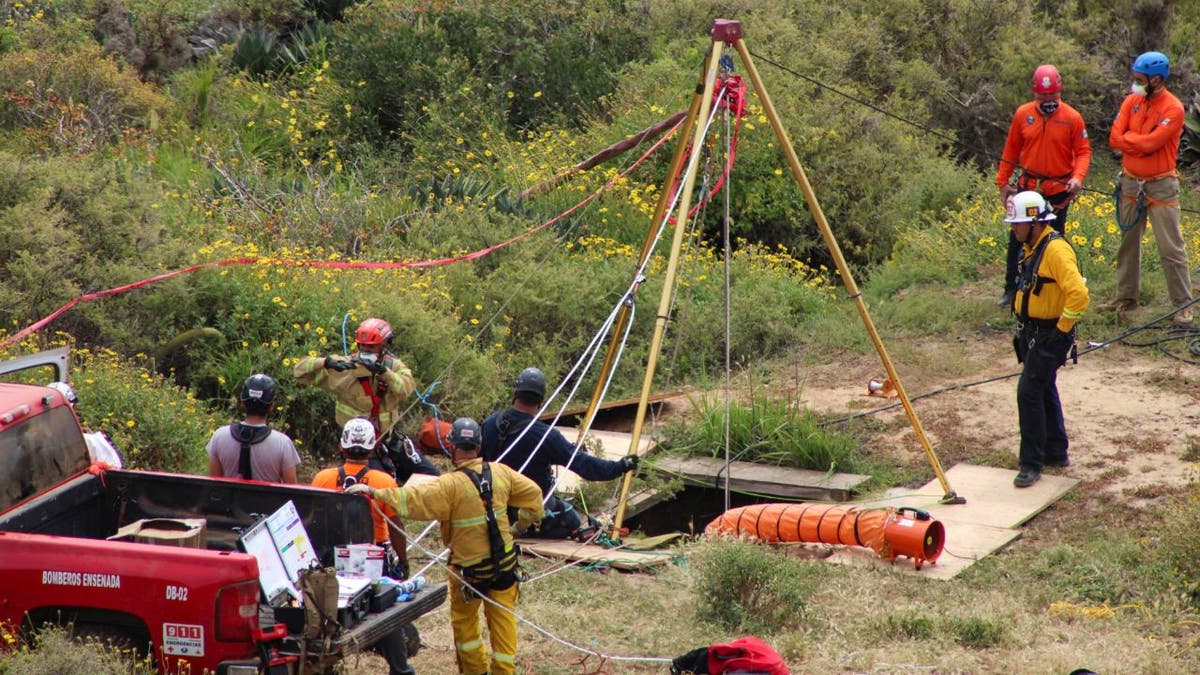
Members of a rescue team work at a site where three bodies were found in Baja California. The team have been looking for one American and two Australian tourists who have been reported missing. (Reuters)
It is unclear what types of injuries the victims suffered or how they died.
“There is a lot of important information that we can’t make public,” María Elena Andrade Ramírez, the chief state prosecutor said.
Baja California prosecutors said Friday that three people had been arrested and charged with a crime equivalent to kidnapping. It was unclear if they might face more charges.
Ensenada Mayor Carlos Ibarra Aguiar said in a news release that a 23-year-old woman had been detained with drugs and a cellphone that had a wallpaper photo of one of the missing men, The San Diego Union-Tribune reports. Officials didn’t specify how the three people were connected to the investigation, saying only that some were directly involved and others indirectly.
LUXURY RESORT SHUTTERS IN MEXICO’S BAJA CALIFORNIA AFTER MYSTERIOUS DEATHS OF 2 AMERICANS
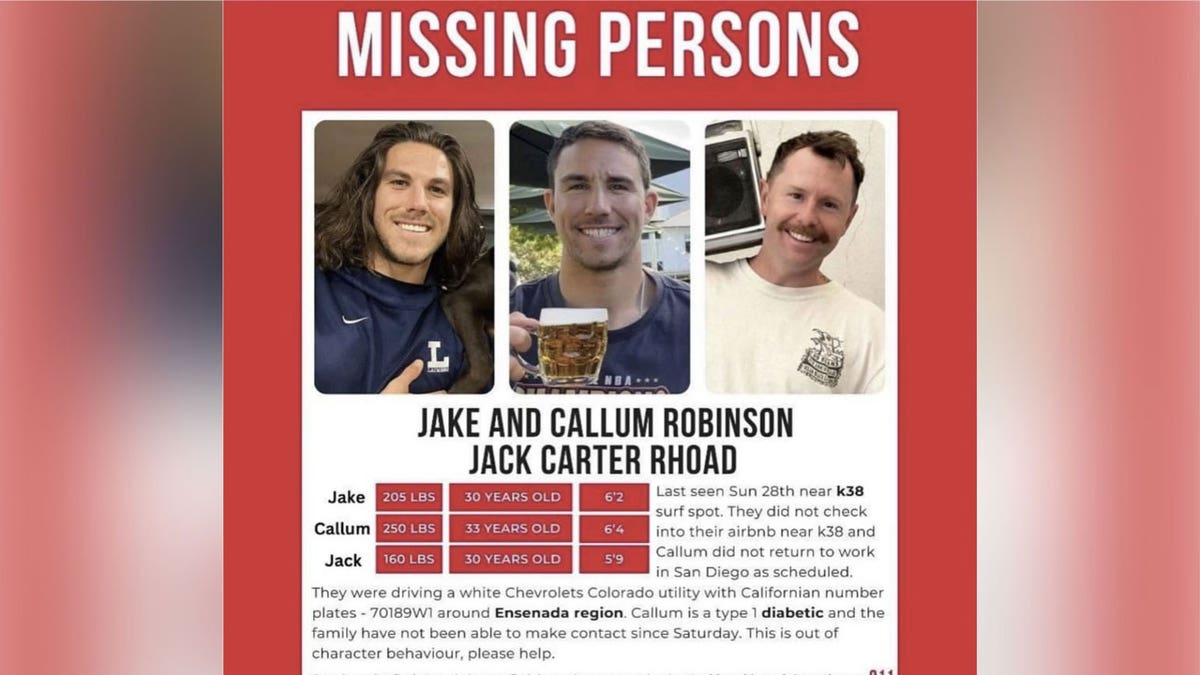
A missing persons’ poster of the trio was distributed earlier this week. (Reuters)
Investigators said that a missing persons report was filed 48 hours after the men were last seen, although the prosecutor’s office began investigating as soon as posts began circulating on social media.
María Elena Andrade Ramírez, the chief state prosecutor, said that while drug cartels are active in the area, she said, “all lines of investigation are open at this time. We cannot rule anything out until we find them.”
The Baja California Attorney General’s Office has said that it has maintained contact with the FBI and relatives of the victims, through consular agencies.
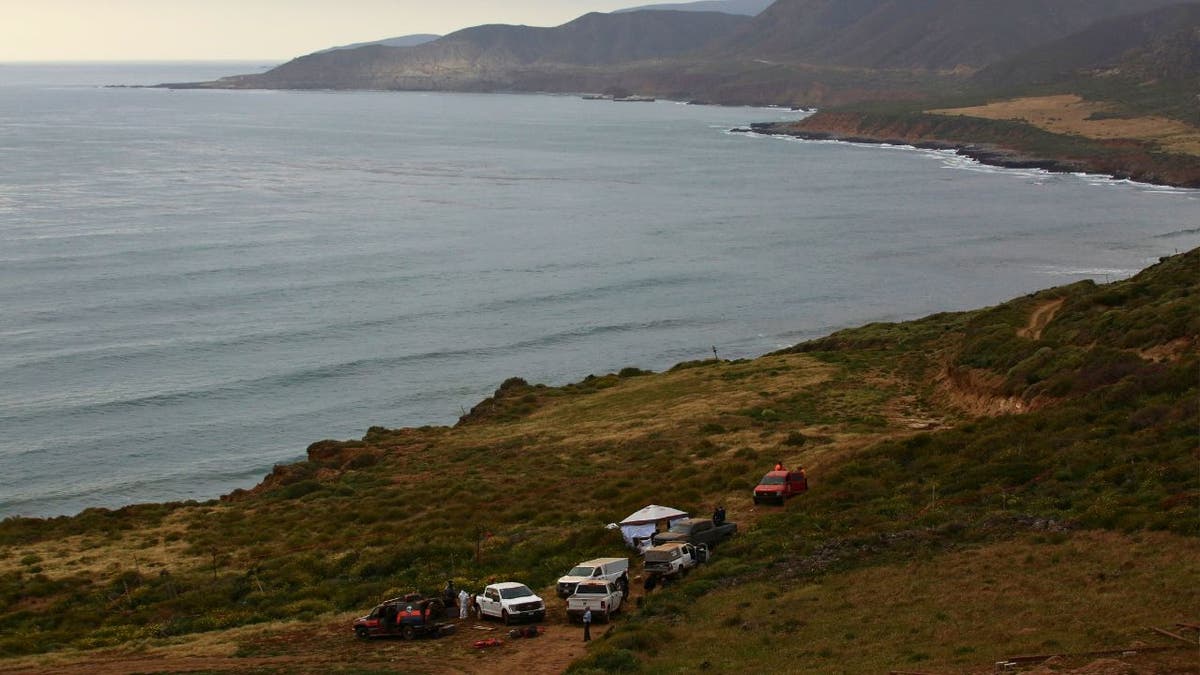
Members of a rescue team work at a site where three bodies were found in the state of Baja California where one American and two Australian tourists were reported missing.
On Wednesday, the missing Australians’ mother, Debra Robinson, posted on a local community Facebook page an appeal for help in finding her sons and noted that Callum is diabetic.
The Australian media reports that Jake is a doctor, while Callum lives in San Diego and is a member of Australia’s national lacrosse team.
The State Department’s travel advisory lists Baja California under its “reconsider travel” category due to crime and kidnapping.
In 2015, two Australian surfers, Adam Coleman and Dean Lucas, were killed in western Sinaloa state, across the Gulf of California — also known as the Sea of Cortez— from the Baja peninsula. Authorities say they were victims of highway bandits.
Reuters and The Associated Press contributed to this report.
World
German social democrats promise not to join forces with the right
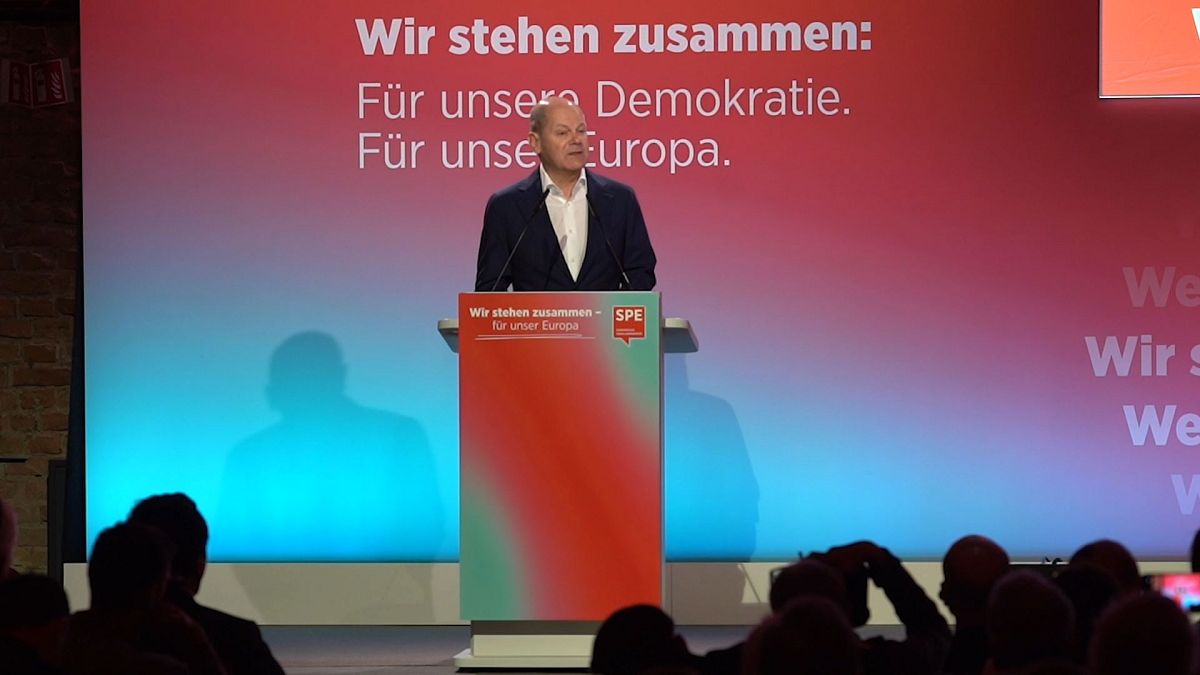
German social democrats spoke out against far right violence amid declining support after an attack on Friday night that hospitalised Saxony top candidate for the EU elections Matthias Ecke.
Germany’s Social Democratic Party (SPD) and the Social Democratic Party of Europe held a democracy congress in Berlin as a show of force against the far right that is gaining traction across Europe.
SPD has been polling at a historical low following an economically rocky few years, but the party is now ramping up efforts to win back support after violent far-right attacks continue to increase.
German Chancellor Olaf Scholz urged voters not to vote for far-right parties.
“Democracy is threatened by such things, and therefore, accepting them with a shrug of the shoulders is never an option. We must stand together against it,” he said.
Scholz also warned against further right wing attacks, and added, “that this is directed against local politicians and mayors in small towns and cities. Democracy is threatened by such things,” pointing to an attack on a 28-year-old campaigner for the Greens, that appears to be by the same group.
Ecke is currently in hospital awaiting surgery for his injuries.
Speeches, lead by European social democratic leader Stefan Loefven and the centre-left candidate to head the European Commission, Nicolas Schmit, saw politicians vow not to collaborate with far-right parties if coalitions needed to be built.
The far-right Alternative for Germany (AfD) party condemned the attack on Ecke.
World
Senate races are roiled by campus protests over the war in Gaza as campaign rhetoric sharpens
HARRISBURG, Pa. (AP) — The student protest movement disrupting university campuses, classes and graduation ceremonies over the war in Gaza is also roiling Senate contests across the nation as Democrats tread cautiously over an internal divide and Republicans play up their rivals’ disagreements.
The political impact of the protests on the White House campaign has drawn considerable attention, with opposition to President Joe Biden’s handling of the Israel-Hamas war reverberating from Columbia to UCLA. The fast-evolving landscape of the demonstrations is shaping pivotal Senate races, too.
Tent encampments have popped up at universities in many states where Democrats this election year are defending seats essential to maintaining the party’s razor-thin Senate majority. At some schools, police crackdowns and arrests have followed.
The protests have sharpened the campaign rhetoric in Pennsylvania, Nevada, Ohio and Michigan, among other places. Republican candidates in California and Florida have stepped up their criticism of the Democratic president for the U.S. response to the war or for chaotic scenes on American campuses.
Some Republicans have shown up at encampments, including one at George Washington University, not far from the White House. Sen. Rick Scott, R-Fla., who is facing reelection, said on social media that he went there to show solidarity with Jewish students. “We need to do all we can to protect them,” he said.
Republican candidate David McCormick, during a visit to the University of Pennsylvania, said protesters at the Ivy League school did not know the “difference between right and wrong, good and evil,” and were creating a hostile atmosphere for Jewish students.
McCormick has decried what he frames as a lack of leadership and moral clarity on the part of his Democratic opponent, Sen. Bob Casey, as well as by Biden and administrators at the school buffeted by accusations of harboring antisemitism.
“What’s happening on campuses is clearly a test of leadership and moral courage, both for the college presidents and for our leaders and for Sen. Casey and President Biden,” McCormick said in an interview.
Israel and its supporters say the protests are antisemitic, a charge that Israel’s critics say is sometimes used to silence legitimate opposition. Although some protesters have been caught on camera making antisemitic remarks or violent threats, protest organizers, some of whom are Jewish, say it is a peaceful movement aimed at trying to save the lives of Palestinians civilians.
Many Democrats, from Biden on down, avoided saying much about the situation until recently as universities began to crack down and comparisons were made to anti-war protests of the 1960s.
Even then, Democrats balanced their criticism of antisemitism and rule-breakers with the need to protect the right to free expression and peaceful protest. Some have tried to avoid taking sides in protests that have pitted pro-Israeli versus pro-Palestinian Democrats and divided important parts of the party’s base, including Jewish, Arab American and younger voters.
Republicans, meanwhile, have railed at what they characterized as equivocating or silence by Democrats. Republicans professed solidarity with Jews against antisemitism while condemning the protests as lawless.
Mike Rogers, a Republican seeking an open Senate seat in Michigan, said student protesters at Columbia were “Hamas sympathizers.” In California, GOP Senate candidate Steve Garvey called them “terrorists” practicing “terrorism disguised as free speech.”
In five states, the National Republican Senatorial Committee, the Senate Republicans’ campaign arm, is using the protests in digital ads about student loan forgiveness, saying Democrats want to pay off the loans of students “radicalized by the far left” who are “threatening Jews,” “attacking police” and “acting like terrorists.”
McCormick and others say universities that, in their view, tolerate antisemitism should lose federal subsidies and that visas should be revoked for any foreign student inciting violence or expressing pro-Hamas sentiments at the encampments.
Casey, long a staunch supporter of Israel, has criticized acts of antisemitism on campuses and pointed to legislation he sponsored as a way to make sure the Education Department takes action.
“Students of course have the right to peacefully protest, but when it crosses the line either into violence or discrimination, then we have an obligation to step in and stop that conduct,” Casey said Thursday as he urged colleagues to pass his bill.
Democratic Sen. Jacky Rosen of Nevada, who is Jewish and facing reelection, said she was “horrified” by displays of antisemitism on campuses and, like Casey, called for the department to hold schools accountable.
In California, U.S. Rep Adam Schiff, the Democratic nominee for an open Senate seat, took aim at the Columbia demonstration and said “antisemitic and hateful rhetoric is being loudly and proudly displayed.” Accused by Garvey of being “incredibly silent” on the protests, Schiff, who is Jewish, voted for a House bill similar to Casey’s and released a statement that condemned violence and the “explicit, repeated targeting and intimidation of Jewish students.”
Republicans elsewhere contended statements by Democrats were equivocating and inadequate.
Republicans called out Sen. Sherrod Brown, D-Ohio, after he told an Axios reporter last week that he was “not going to talk about the politics of that. People always have the right to speak out and should.”
His Republican opponent, Bernie Moreno, charged that Brown had “wholeheartedly endorsed these vile and violent antisemitic demonstrations.”
Later, at a news conference, Brown gave more expansive comments. “Students want to make their voices heard, they need to do it in a way that’s nonviolent, they need to do it in a way that doesn’t spew hatred, and laws need to be enforced,” he said.
In Michigan, which has a relatively significant Muslim population, Biden’s handling of the war is expected to factor heavily into the presidential and Senate races.
Rogers, a favorite for the GOP nomination, thanked New York City police for confronting protesters and “standing up to protect Jewish students at Columbia from the visceral hatred we’ve witnessed from Hamas sympathizers on their campus.”
Republicans argued that U.S. Rep. Elissa Slotkin, the front-runner for the Democratic nominationfor Senate, had not spoken out strongly against protests at Columbia, her alma mater, and that she took five days after they began to say anything at all.
Slotkin, who is Jewish, said in an April 22 statement — the most recent wave of demonstrations began at Columbia on April 17 — that “the use of intimidation, antisemitic signs or slogans, or harassment, is unacceptable.”
It was, she suggested, a complicated topic.
“I would rather be thoughtful and take more time than have a knee-jerk answer for any issue,” Slotkin said in an interview. “But especially this one.”
__
Associated Press reporters Adam Beam in Sacramento, California; Joey Cappalletti in Lansing, Michigan; Mike Catalini in Trenton, New Jersey; Tassanee Vejpongsa in Philadelphia; and Stephany Matat in West Palm Beach, Florida, contributed to this report.
-

 News1 week ago
News1 week agoLarry Webb’s deathbed confession solves 2000 cold case murder of Susan and Natasha Carter, 10, whose remains were found hours after he died
-

 News1 week ago
News1 week agoFirst cargo ship passes through new channel since Baltimore bridge collapse
-

 World1 week ago
World1 week agoHaiti Prime Minister Ariel Henry resigns, transitional council takes power
-

 World1 week ago
World1 week agoSpanish PM Pedro Sanchez suspends public duties to 'reflect'
-

 World1 week ago
World1 week agoUS secretly sent long-range ATACMS weapons to Ukraine
-

 News1 week ago
News1 week agoAmerican Airlines passenger alleges discrimination over use of first-class restroom
-

 Education1 week ago
Education1 week agoVideo: Johnson Condemns Pro-Palestinian Protests at Columbia University
-

 Movie Reviews1 week ago
Movie Reviews1 week agoAbigail Movie Review: When pirouettes turn perilous

